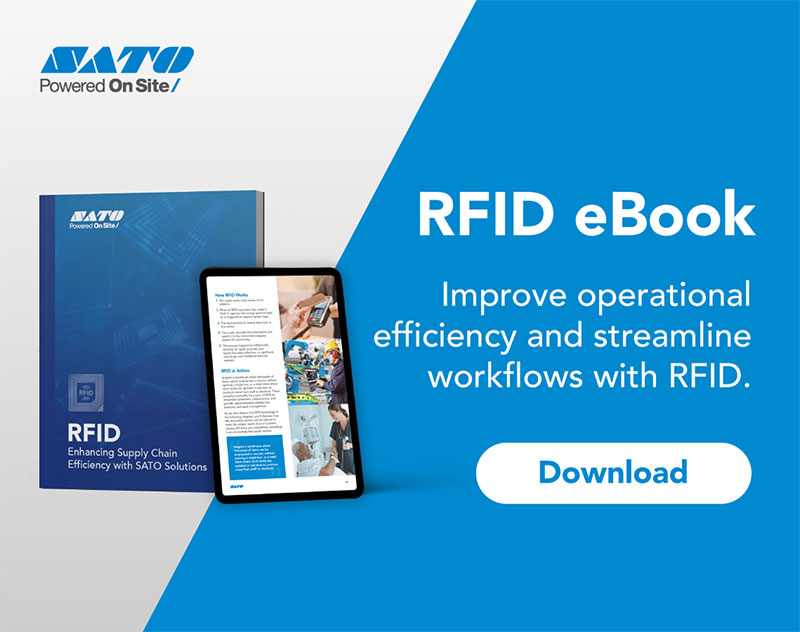Supply Chain Snapshot: Weekly Industry Insights #22
16/09/24
This week’s snapshot dives into the latest developments across key sectors, including shipping, automotive, retail, healthcare, and more. From technological advancements to the growing importance of sustainability and digital transformation, these insights highlight how industries are navigating the evolving landscape of global supply chains.
The shipping industry is undergoing a significant transformation, with technology at the forefront. As global trade continues to expand, modernising shipping operations has become essential. From improved tracking and transparency to real-time data, technology is enabling more efficient and sustainable shipping processes. Explore how technology is modernising shipping.
In addition, agility and sustainability remain crucial elements for resilient supply chains across industries. By adopting more sustainable practices and maintaining the ability to adapt to disruptions, companies can ensure long-term success in a fast-changing global environment. Learn why agility and sustainability are critical.
In the automotive industry, process mining is emerging as a key tool for enhancing supply chain efficiency. By identifying bottlenecks and inefficiencies, automakers are able to streamline operations and reduce costs, leading to smoother production cycles and faster delivery times. This technology is becoming indispensable for manufacturers looking to optimise their supply chains in a competitive market. Discover how process mining is revolutionising the automotive supply chain.
The retail sector faces ongoing challenges, particularly during peak seasons. With Christmas approaching, retailers are focusing on securing their supply chains to avoid disruptions. Whether it’s stock shortages or delayed deliveries, managing supply chains effectively is crucial to ensuring a successful holiday season. Find out how retailers are preparing for the holiday season.
In addition, new strategies are being adopted to mitigate the increasing issue of returns fraud, which is costing retailers billions. As e-commerce continues to grow, ensuring proper management of returns is vital to protecting profits and maintaining customer trust. Learn more about the cost of returns fraud.
The fashion industry is experiencing heightened competition, and brands like Inditex are staying ahead by focusing on efficiency throughout their supply chains. From sourcing to production and distribution, ensuring streamlined operations is key to thriving in this fast-paced environment. Read how Inditex stays ahead in the fashion supply chain.
Transparency is also becoming a focal point for fashion brands, with increasing emphasis on traceability from raw materials to the final product. Brands like Ralph Lauren, Levi Strauss, and others are adopting new methods to ensure consumers can trace the origins of their clothes, aligning with the growing demand for sustainability. See why traceability is becoming critical in fashion.
In healthcare, digital transformation is playing a pivotal role in reshaping supply chains. Leaders in the sector are prioritising the implementation of advanced technologies to improve efficiency, reduce costs, and enhance patient care. However, with increased digitalisation comes heightened cybersecurity risks, especially in regard to third-party suppliers. Ensuring data protection and securing the supply chain against cyberattacks has become a major concern for healthcare organisations. Learn how healthcare leaders are driving digital transformation and read about the growing threat of cybersecurity breaches in healthcare.
In the food and beverage sector, cold chain management has become crucial for maintaining product quality, especially in the quick-service restaurant (QSR) industry. Effective cold chain logistics ensures that perishable goods are transported and stored at the correct temperatures, which is vital for food safety and quality. Find out why cold chain management is essential for QSR success.
A new report also highlights the critical need for digital modernisation across the food supply chain. Digital tools are transforming the industry by providing real-time insights, improving operational efficiency, and ensuring the timely delivery of food products. Discover the importance of digital modernisation in the food supply chain.
As geopolitical tensions and global disruptions continue to affect supply chains, nations are forming strategic alliances to build resilience. The UK, USA, and Australia have recently signed a pact to bolster their supply chain resilience, focusing on collaboration and shared strategies to navigate future challenges. Read more about the supply chain resilience pact.
As industries continue to adapt to new challenges, technology, sustainability, and resilience are emerging as key pillars of modern supply chain management. Stay tuned for next week’s Supply Chain Snapshot for more insights.
Visit SATO Europe for further industry perspectives.
Latest News
All News

10/02/26
SATO Europe appoints Armelle Jaclot as European Marketing Director
10 February 2026 – Heidelberg, Germany – SATO Europe...

02/02/26
SATO strengthens its European manufacturing capabilities as Polish site achieves...
2nd February 2026 – Heidelberg, Germany ...












